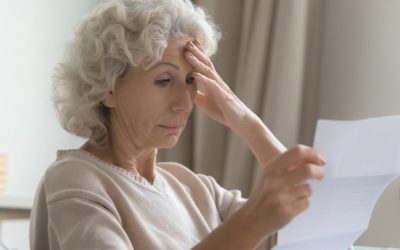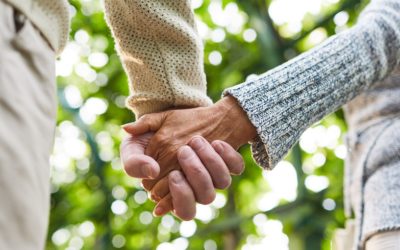The Monthly Minimum Maintenance Needs Allowance (MMMNA)
How Medicaid (MassHealth) Uses This Tool to Determine Whether You Have Enough Income
When determining whether you qualify for Medicaid, known as MassHealth in Massachusetts, while there are limits on the assets a “community spouse” can keep, eligibility tests do not generally include the income of the community spouse. Under the worst case scenario, based on the state in which you live, the community spouse may be required to contribute some portion of the costs of assisted living or nursing home care.
An important question, though, that often does not get addressed, deals with the situation where most or all of the monthly income a couple receives is from the spouse in a nursing home or assisted living facility receiving MassHealth senior benefits. If MassHealth eligibility is based solely on that spouse’s income, and eligibility is denied or reduced, the community spouse may not be left with enough income to provide for basic needs.
Fortunately, Medicaid takes this possibility into consideration, using a test known as the monthly minimum maintenance needs allowance (MMMNA), to determine whether a Medicaid applicant should receive benefits, or if benefits should be increased. The MMMNA is based on a complex formula that varies from state to state, but which takes into account housing costs. Currently, the monthly maintenance needs allowance ranges from $2,002.50 (effective 7/1/2016) to $3,002.50 (effective 1/1/17) per month.
To determine how much of the nursing home spouse’s income must be used to pay for long-term care, Medicaid will gather all information on the community spouse’s income. If that income is below the MMMNA for the state, the community spouse is entitled to that portion of the nursing home spouse’s income that will bring him or her up to the MMMNA.
For example, if the MMMNA for the community is $2,500 and the community spouse only has $1,500 in monthly income, $1,000 of the nursing home spouse’s income will go to the community spouse.
Contact the MassHealth Planning Attorneys at the Baker Law Group Today
To learn how we can help you with any legal issue related to your MassHealth and Medicaid benefits, contact our Boston elder law attorneys by e-mail or call us toll-free at 800-701-0352. We will help you understand your rights and obligations, so that you can take the right steps to protect your assets, while qualifying for MassHealth benefits.



